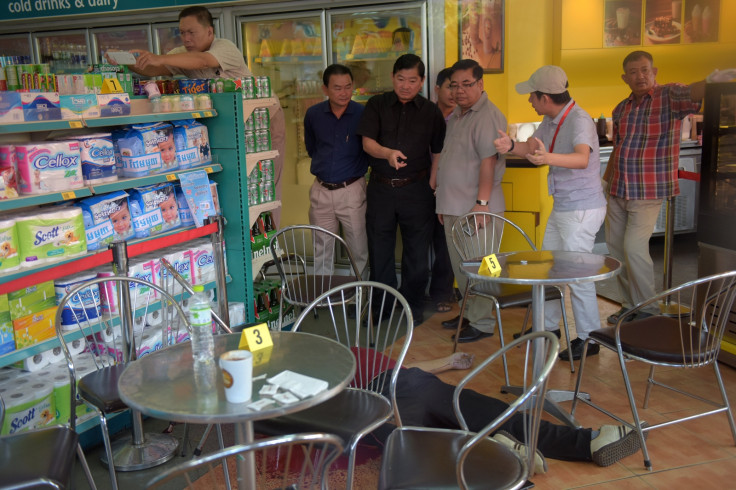Cambodia: Prominent political activist Kem Ley shot dead, suspect arrested
Shooting comes in wake of rising political tensions between Prime Minister Hun Sen and the opposition party.

Kem Ley, a prominent Cambodian political analyst and critic of the government, was shot dead on Sunday (10 July) at a petrol station convenience store in capital Phnom Penh. According to police, Ley's alleged murderer was arrested soon after the incident.
Kirt Chantharith, a national police spokesperson said: "He was shot dead at a mart just before 9am". The suspect has confessed to the murder and cited unpaid debt as the reason he carried out the attack, Chantarith added.
"But we don't believe him yet. We are working on this case," the spokesperson continued.
Local media carried an image of the suspect being arrested. The shooting comes in the wake of rising political tensions between Prime Minister Hun Sen and the opposition party, which hopes to challenge him in the 2016 local elections and general elections in 2018. The opposition has accused the prime minister of launching a fresh attack against them.
Reports suggest that the South East Asian country, which has a history of social activists being killed, with perpetrators rarely brought to justice. Many activists and critics of government have been arrested in recent months while others were tied up in legal cases.
Government spokesperson Phay Siphan said that the death was "a vulgar and cruel act that is unacceptable". He added: "His killing will further deepen the complexity of political situation." He also urged for all sides of the country's political divide to remain calm.
A recent report published by anti-corruption group, Global Witness said that the premier and his family are amassing vast personal fortunes and own and control most of the country's lucrative business sectors, allegedly worth $200m (£154m).
Hun has been in power for 31 years and his rule has been plagued with allegations of corruption, electoral fraud and rights abuse.
© Copyright IBTimes 2025. All rights reserved.





















